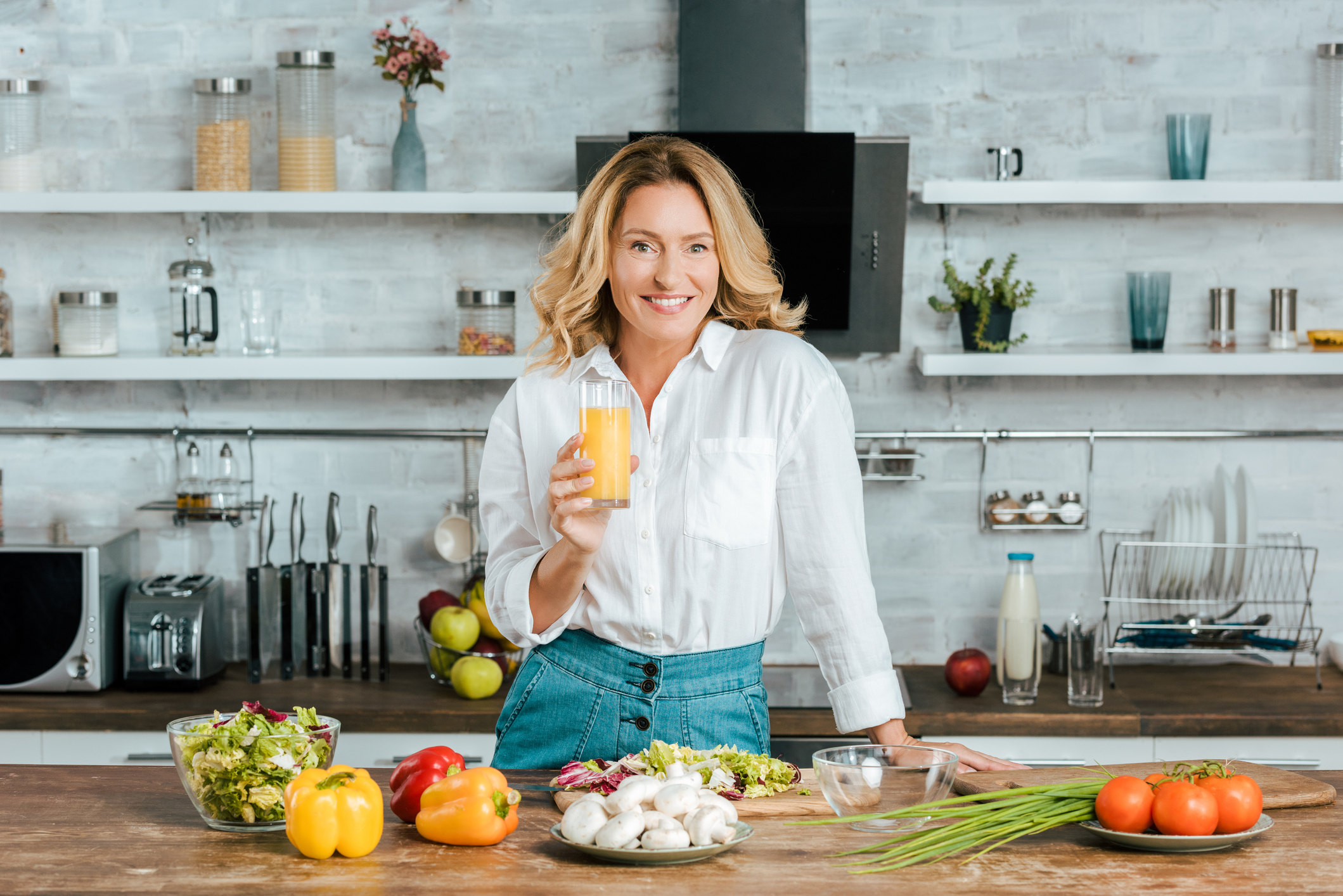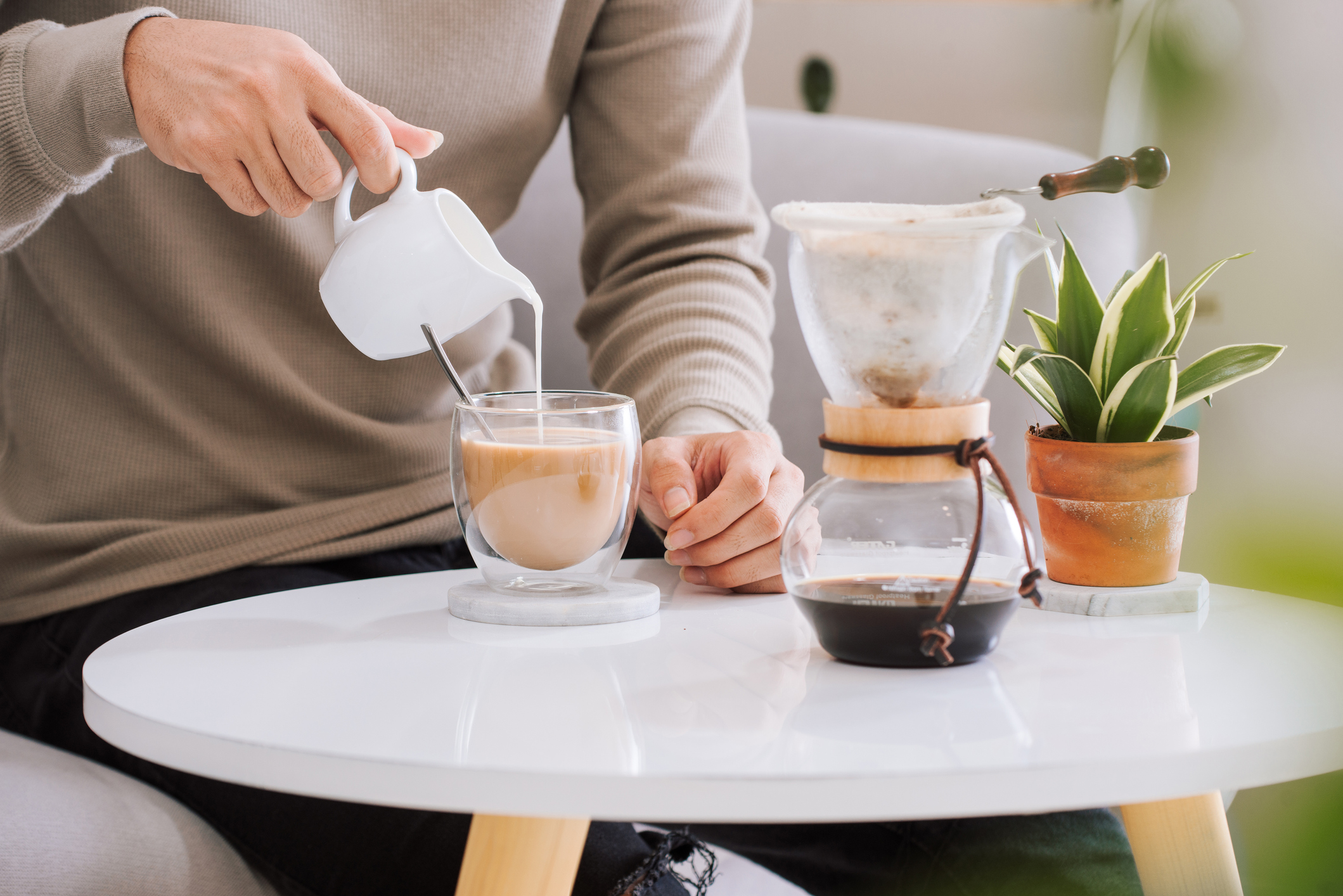Shopping the farmers market has never been so appealing since you’re guaranteed to only get fresh, whole foods with little to no extra ingredients added.
Unfortunately, the farmers market doesn’t carry everything you need to see through a week, and even the strictest of vegans need snacks and nibbles to have on hand when the munchies strike. Next time you’re at the grocery store, pay extra attention to these items to make sure they meet vegan standards. Sometimes the label will be helpful, but more often you may need to dig deeper and ask a store employee.
10 FOODS YOU WON’T BELIEVE ARE NOT VEGAN
BEER AND WINE
Isinglass is made from gelatin, an animal by-product and is often used as a clarifying agent in wine and beer. Some wines, such as those at Trader Joes, will list if it’s vegan or not; but otherwise, the label does not clarify, and you’ll need to do some investigating. A handy website to keep on hand is Barnivore.com which offers a pretty extensive wine directory, detailing the vegan and non-vegan status of your favorite wines.
BREAD
Basic bread contains a few key ingredients including yeast, flour, water, and salt, all completely vegan-approved. Unfortunately, many commercial breads add eggs since it speeds up the process by helping the dough rise. Bread labels are usually detailed and will tell you if eggs were used; but remember, if the manufacturer used eggs, it’s likely that other additives and preservatives were used, too.
CHOCOLATE
Cocoa, the main ingredient of chocolate, is derived directly from plants, so pure cocoa powder and cacao are vegan-friendly. However, many brands add milk to their chocolate bars, so it’s important to check the label before purchasing. Also, be on the lookout for whey and casein on the label which also contain milk derivatives.
SWEETS & CANDY
In sweets like gummy bears and marshmallows, gelatin is used as a binder, which removes them from the vegan-approved list. In other candies, which are primarily made from sugarcane, bone char, a porous, granular material produced by charring animal bones, is often added to whiten the sugar. USDA organic products do not contain bone char, which makes choosing vegan-friendly candies and sweets a little easier.
OMEGA 3 FORTIFIED FOODS
Omega 3s are essential nutrients that everyone, including vegans, need for proper growth and development. Many foods are fortified with omega 3, but be aware, these fortifications are usually made by adding fish-based ingredients such as tilapia, sardines, and anchovies. Make sure the omega-3 fortified products you’re choosing have been fortified with plant-based ingredients only.
COLLAGEN
While it may seem obvious, collagen, a favorite for gut health and microbiome development, is derived from bovine connective tissue or from fish and other marine life. Collagen is thought to improve hair, skin, nails in addition to how it benefits and rebuilds the gut from leaky gut, so it’s unsurprising vegan-formulas have been developed, using genetically modified yeast and bacteria.
NON-DAIRY CREAMER
Non-dairy creamers – almond, coconut, and cashew-based – are widely available, but it’s important to note they’re designed primarily for those with milk intolerances, not allergies, and certainly not for those adhering to a vegan diet. Many non-dairy creamers contain a small amount of sodium caseinate, a mill-based derivative.
SODAS, KETCHUP & YOGURT
Foods containing red food dye or color additive may contain an ingredient called carmine, or carminic acid which are derived from a scaley beetle-like insect called a cochineal. Beware of the name variations, since labels are not consistent, especially with non-labeled foods like red velvet cupcakes and lipstick.
CHEWING GUM
Some brands of chewing gums use gelatin or stearic acid as the primary ingredient, which is derived from animals. Luckily, most brands do not use animal by-products, but be sure to check the label if you want to ensure your product is vegan-friendly.
APPLE & ORANGE JUICE
Many types of apple juice are clarified using fish bladders. Most labels clearly state if fish bladders have been used in the processing, so the product can be identified as vegan or not. Orange juice often contains extra vitamin D which can be derived from lanolin, a waxy substance from sheep’s wool.
THE TAKEAWAY
It’s important to be aware, both for yourself if you’re avoiding animal products and for your clients who may be interested in exploring a vegan diet, of what products and ingredients are truly vegan. Some other non-food related items that are not vegan include dryer sheets, tattoo ink, and cigarettes, so it’s crucial you review all labels to ensure you have full control over the types of food you choose to put into your body.
Don’t want to sift through food labels? Try this 20-Minute Instant Pot Vegan Chili Recipe!


+ show Comments
- Hide Comments
Free Resources
Take A Look at the latest from ITN:
Courses
add a comment